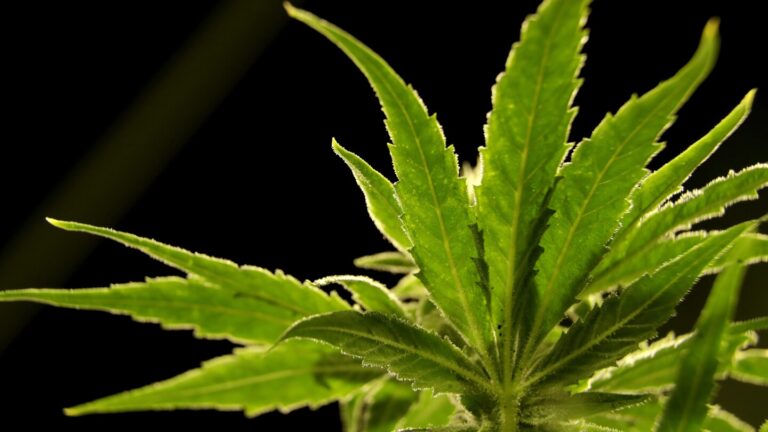As more Americans use increasingly strong strains of marijuana, a federal advisory committee is calling for a public health approach that would be a major departure from “just saying no.”
Thursday's report proposes a health-focused strategy in which the Centers for Disease Control and Prevention would play a larger role in cannabis policy than it has in the past.
“We're hopeful the federal government will show leadership in this area,” said Dr. Steven Teucci of the University of Southern California, who chaired the committee that wrote the report for the National Academies of Sciences, Engineering and Medicine. The report was sponsored by the CDC and the National Institutes of Health. A CDC spokesman said Thursday that the agency will review the recommendations and that further funding will be needed to implement them.
An estimated 18 million Americans report using marijuana daily or nearly daily, more than the number of people who drink alcohol with the same frequency.
Thirty-eight states and the District of Columbia currently allow marijuana for medical use, and many of those states also allow recreational use by adults, subjecting it to taxation and sales restrictions similar to those for alcohol. Florida voters will decide on recreational use in November.
Marijuana remains illegal under federal law, but the government is taking steps to reclassify cannabis as a less dangerous drug while keeping it illegal.
Marijuana is becoming more potent, with increasing levels of the intoxicating compound THC. 25 years ago, cannabis flower contained about 5% THC.
“You can go into a store today and be hard-pressed to find a product with less than 20 percent THC,” said Beau Kilmer, co-director of the RAND Center for Drug Policy Research and a member of the report's committee.
Cannabis can help relieve chronic pain, but evidence of its other health benefits is limited due to a lack of research. Risks for heavy users include car accidents and frequent vomiting that can land them in the emergency room.
For teenagers, cannabis can interfere with learning and increase the risk of mood and anxiety disorders. Regular use during pregnancy may increase risks to the unborn baby.
As states passed marijuana laws, public health “took a back seat,” Teutsch said. “Financial interests had a huge influence on these policies.”
According to the report, industry lobbying has blocked attempts to limit THC levels in Washington state and to restrict pesticide use in cannabis cultivation in Colorado.
Aaron Smith of the National Cannabis Industry Association said states have protected public health by replacing the illegal market with regulated businesses that are required to “test products for contamination, ensure labeling is accurate, and most importantly, keep cannabis products out of the hands of minors.” Legalizing cannabis nationwide would improve public health through federal regulation, Smith said.
The report's recommendations to CDC include:
— Develop and evaluate cannabis health campaigns, particularly targeting parents, youth, pregnant women, and people aged 65 and over.
— Monitor the cultivation, sale, use and health effects of cannabis.
— Develop best practices for state regulations, including ways to limit youth access.
For the Congress:
— Close a loophole that allows hemp-derived intoxicating products to be widely sold in states where other cannabis products are illegal.
— Lifting restrictions on the Office of National Drug Control Policy that prevent it from studying the effects of marijuana legalization.
For states:
— Require training and certification for cannabis sales staff.
— States that have decriminalized marijuana automatically expunge or seal records of low-level marijuana-related crimes.
— Adopts and enforces quality standards established by the United States Pharmacopeia, an independent organization that sets standards for drugs and dietary supplements.
___
The Associated Press Health and Science Department receives support from the Howard Hughes Medical Institute's Science Education Media Group. The AP is solely responsible for all content.

